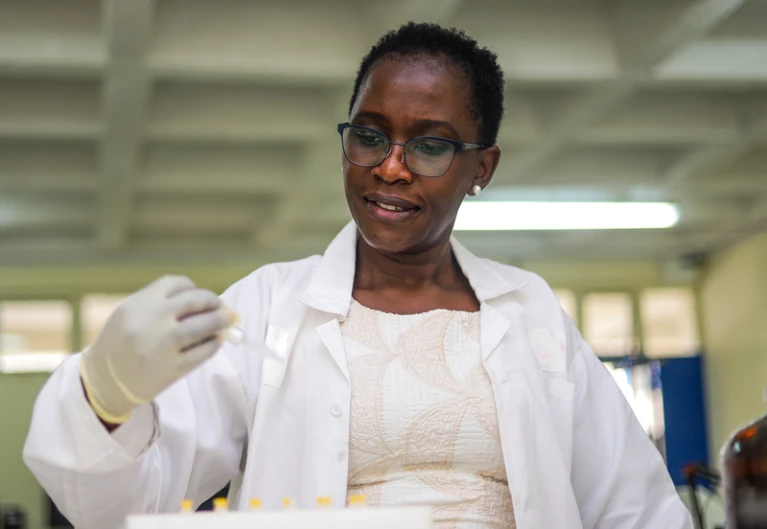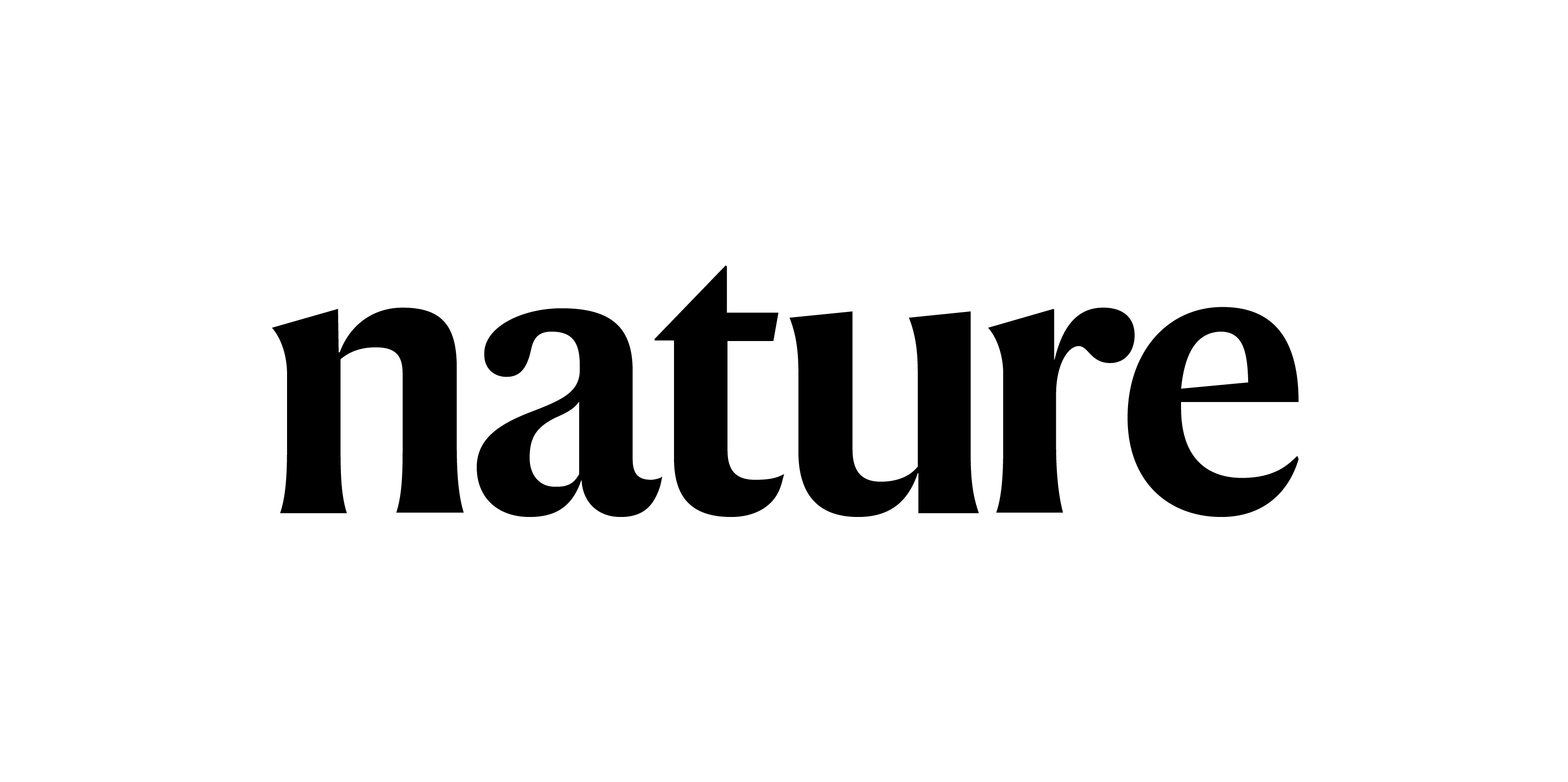By nature
Why international researchers should be lining up to collaborate with women working in science across Africa.
Female scientists in Africa are entrepreneurial and resourceful. They are finding innovative solutions to problems that affect their communities, and many are actively seeking to engage others in their work. But for more women on the continent to achieve in science, they need policies that help to lower the barriers to their success and that incentivize international collaborations. These are among the findings of a special series of articles in Nature, as well as a poll that received responses from 249 African researchers. The majority (217) work in African countries, and 103 identified as female.
Our series shows that women working in research in African countries are thriving — founding businesses, launching non-profit science-education efforts, training the next generation of scientists and joining their countries’ health, agricultural and space ministries.
They include Khady Sall in Senegal, who in 2020 led a project to manufacture face shields against COVID-19, and Veronica Okello in Kenya, who is researching green approaches to cleaning up heavy metals such as chromium and arsenic. We also profile Aster Tsegaye, an HIV/AIDS researcher helping to train researchers in Ethiopia, and Elizabeth Kimani-Murage, who studies malnutrition in Nairobi’s urban communities.
Pontsho Maruping has switched from working in South Africa’s mining sector to helping to develop the country’s astronomy and space programme. Meanwhile, Angela Tabiri in Ghana studies quantum algebra and founded a network of female mathematicians. Adidja Amani helps to run vaccination programmes at Cameroon’s public-health ministry, and Nigerian microbiologist Amina Ahmed El-Imam researches the production of fuels from microorganisms.
Many also work in community empowerment, are helping to communicate science to wider audiences or are working to boost science education. And their achievements have often come after a period of study or research abroad — a finding echoed in our poll. Of our poll’s 103 female respondents, 59 had studied abroad; their reasons for doing so included gaining international experience, building professional networks and bringing back specific expertise.
It is also clear from the profiles that many of the women made huge personal sacrifices to obtain their PhDs — those who studied overseas and are mothers, for example, often spent months at a time away from their children, leaving them in the care of others, such as fathers and grandparents.
Women in Africa experience greater barriers to developing careers in science, technology, engineering and mathematics (STEM) than do women in high-income countries, with lack of funding a particular problem. Some challenges, however, will be familiar to women the world over. Many women need to take time out for pregnancy, maternity leave and breastfeeding, and women also tend to do a higher share of childcare and domestic duties.
Moreover, some women told Nature that they have not been promoted as quickly as their male counterparts, even though they are publishing at the same rate and bringing in as much research funding and equipment to their institutions as men. The reasons vary, but include being evaluated according to outdated criteria. Often, for example, adjustments are not made for the gaps in publication and funding records that result from women taking parental leave. Although the gender gap is closing, the World Economic Forum forecasts that, at current rates, this could take 95 years in sub-Saharan Africa (go.nature.com/3i9oxb9).
Our series also illustrates the impacts of chronic funding shortages in Africa, and the resourcefulness needed to push many projects forwards. In countries where universities lack access to national grant programmes, some researchers and students pool funds from their salaries to buy reagents and small items of equipment. They are willing to make these and other sacrifices, knowing that research experience will both make them valuable and benefit their communities.
Africa’s researchers badly need long-term, stable investment from internal and external funding sources, including venture capital. In our poll, 56% of respondents (122 of 217) working in science in Africa cited a lack of funding as their greatest career challenge, and it was the top concern for both men and women. Work–life balance was the second-most mentioned concern for women. If only Africa’s governments and the international donor community could do more to help scientists to realize their ambitions: even modest funding increases could go a long way towards accelerating nation-building.
That said, some continent-wide initiatives are helping to address systemic challenges for female scientists in Africa. Since 2011, the Consortium for Advanced Research Training in Africa (CARTA), based in Nairobi, has sponsored 228 doctoral and postdoctoral fellows, 57% of whom were women, across a number of countries. CARTA has two women at its helm: co-directors Catherine Kyobutungi and Sharon Fonn.
Similarly, the African Institute for Mathematical Sciences (AIMS) is a pan-African network of centres that has trained almost 2,500 students in intensive, residential mathematics master’s programmes, with more than 800 going on to get PhDs. AIMS is led by the educationalist Lydie Hakizimana, and its main goals include increasing the continent’s number of maths students and the representation of women in STEM fields. One-third of its alumni are women.
Such networks are further strengthened when researchers in high-income countries, which tend to have more-mature scientific infrastructures, get involved. Researchers in such countries have an important part to play by collaborating with researchers in Africa.
Such partnerships would benefit scientists not just in Africa, but throughout the world. African researchers include leaders in their fields; scientists on the continent can also bring fresh perspectives, informed by their knowledge and experiences, to research projects. International collaboration needs to be more common. As the COVID-19 pandemic has shown, such exchanges can happen seamlessly on virtual platforms. Africa’s female scientists are on the rise — and partnering with them could give sky-high returns.
Nature 602, 547-548 (2022)


